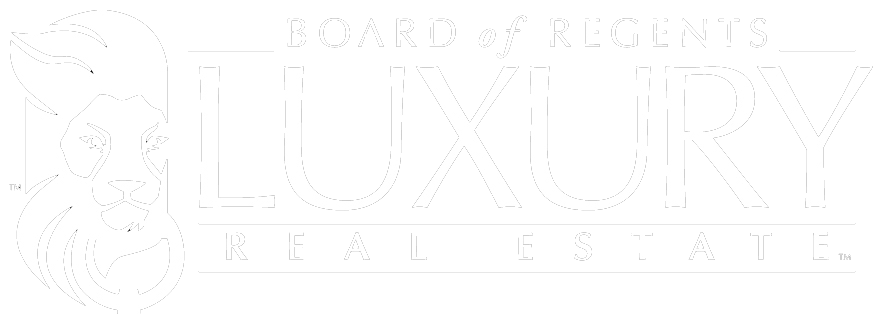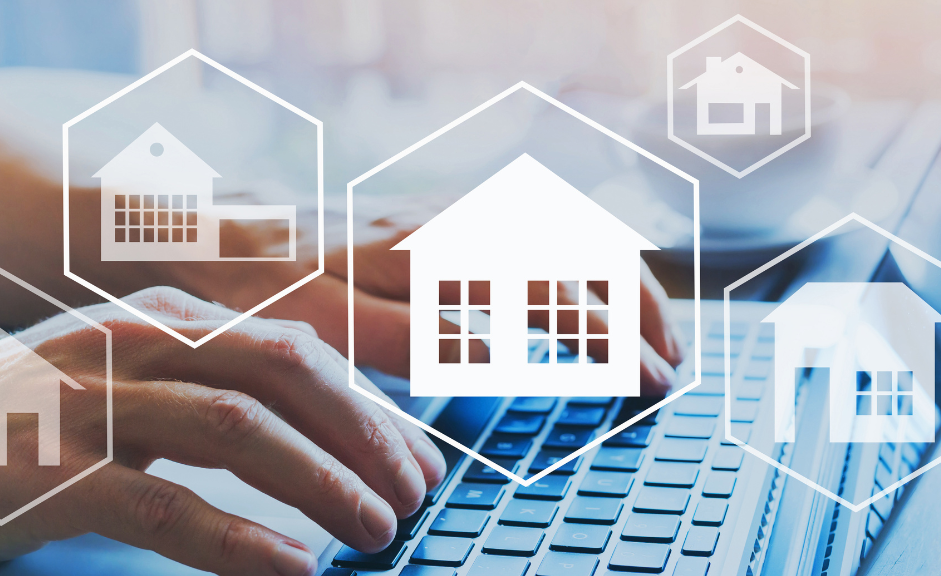If you’ve looked at houses online or searched the phrase “home value,” you’ve likely seen various online valuation tools that give you a number that claims to be your home’s worth. One common example is Zillow’s “Zestimate.” It’s tempting to assume those numbers are accurate representations of home values. The reality is that online estimates rarely consider the whole picture. In this blog, we outline the truth about online home value estimates and what you need to know.
Online Home Value Estimates Explained
These tools rely on automated valuation models (AVMs), which are algorithms that analyze publicly available data. They consider details such as square footage, number of beds and baths, lot size, recent nearby sales, tax assessments, and prior sale history.
That data is compiled into a formula to generate a ballpark number, often within seconds. When you want a quick figure, it’s a convenient tool. Here’s the catch — AVMs are not precise. Even in data-rich areas, these estimates can be significantly skewed, either overinflating a home’s value or selling it short.

Algorithms don’t factor in updates to your home.
The Problems with Online Value Estimates
No matter how sophisticated the technology, AVMs still lack two important things: context and judgment. They can’t see inside of your home. Algorithms don’t know about your full kitchen renovation and that your roof was just replaced. They don’t know that the house next door sold for less because it lacked updates.
There are other important factors missing from these estimates too, like current buyer demand, seasonal shifts in your local market, and neighborhood appeal. This is qualitative data that real estate professionals consider but online systems can’t compute.
If you’re selling and home, overpricing based on a faulty estimate can result in your home sitting on the market. Underpricing might leave money on the table. If you’re refinancing or pulling equity, you may assume you qualify for more than you actually do, or be too cautious when you could leverage more value.
Accuracy matters.

A CMA considers factors that online valuation tools miss.
The Solution: A Comparative Market Analysis
A comparative market analysis (CMA), prepared by a local real estate expert considers multiple variables to determine your home’s value, including:
Active, pending, and recently sold comps with similar characteristics
Buyer demand in your price point
Upgrades, condition, and presentation of your home
Neighborhood-specific trends and price per square foot
Local real estate agents know the market in a way that is unmatched by a computer algorithm. They ask you questions about your home, research data and sales, and apply their market knowledge to determine a more accurate home value estimate. A market analysis is about more than numbers; it’s about narrative — the story your home tells in the current market. That’s something only a real human, with deep market insight, can provide.
The Takeaway
Estimates are great for curiosity, but the truth about online home values estimates is that they are not always accurate. When it’s time to make a decision, whether it’s selling, refinancing, or investing, it pays to go deeper.
If you’re thinking about a move or just want clarity on your home’s true value, contact one of our local real estate professionals. We’ll give you an honest, local perspective that’s grounded in market data and experience so that you can enjoy the process.











